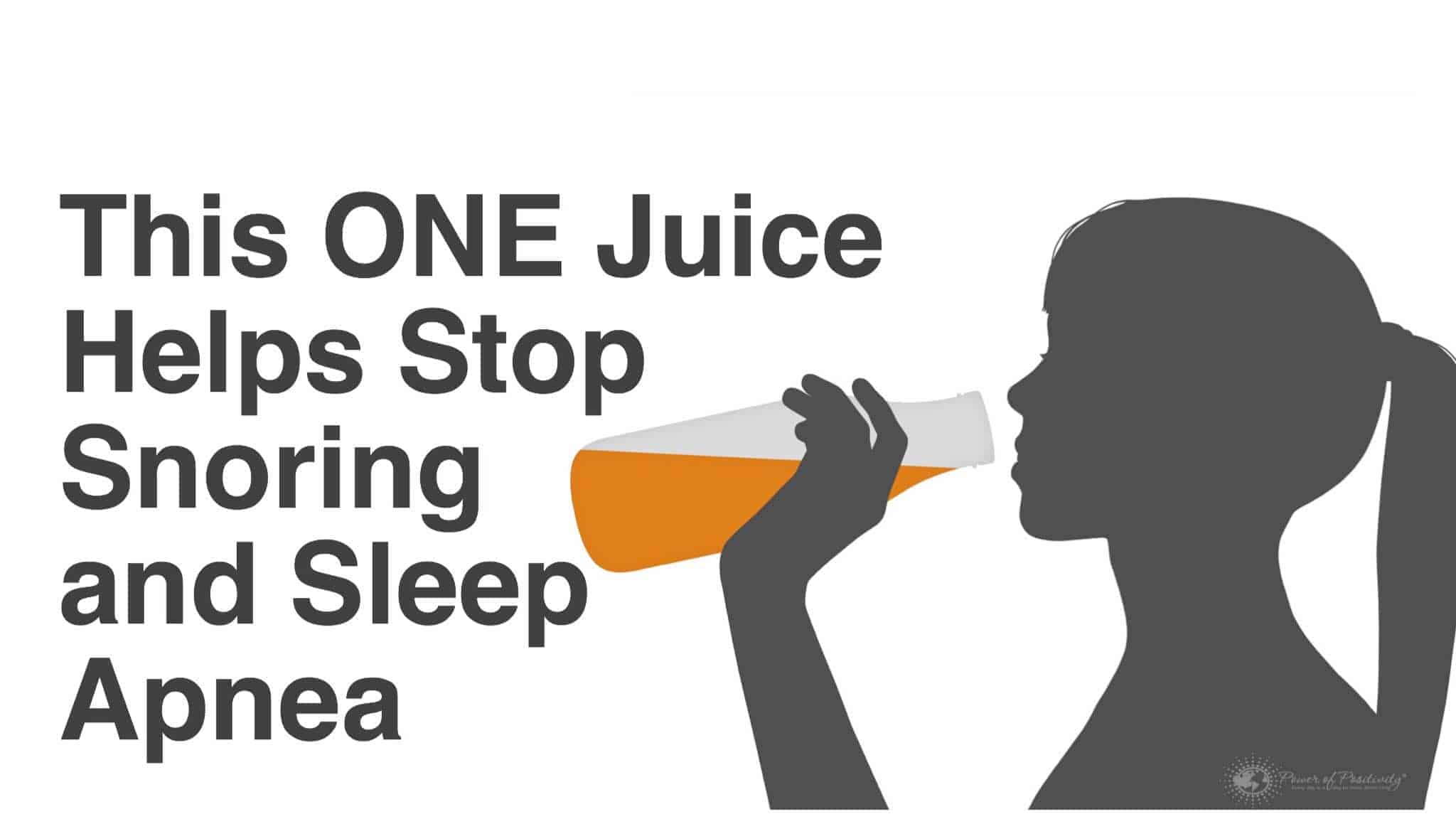Trying to lose weight can be a struggle. There are what seems like an infinite number of ways to do so, with some ideas contradicting others. There is one tried and true method that has worked to help people lose weight on a consistent basis, and that’s by eating fruits and vegetables. There’s even valid evidence that shows eating oranges for weight loss can be a great idea. And these detox juices, made from oranges, will support your desire to reach your weight loss goals.
You can take the time to eat your daily allotment one at a time, but wouldn’t it be easier to throw a bunch of them into a juice and get the boost of nutrition all at once? Detox juices can do just that. They can also help you get rid of any lingering gunk left from too many days of eating foods that aren’t healthy. Check out some of these recipes for delicious and healthy juices.
Healthy reasons to eat oranges
Before we get to the tasty orange detox juices, let’s take a quick look at all the excellent reasons to add oranges to the menu.
1 – Oranges boost your immunity
Oranges sweet, citrus flavor is a classic flavor. Kids and adults love them. But oranges are more than just comfort food. They’re packed with vitamins and minerals, such as
- Folate
- Selenium
- Magnesium
- Thiamin
- Riboflavin
- Manganese
- Phosphorus
- B-6
Oranges are also loaded with vitamin C which stimulates your immune system so you can fight off illnesses. They can be eaten raw, baked, or broiled. Throw an orange into your morning smoothie for a refreshing and nutritious drink.
2 – Lowers your chances of heart disease
Oranges contain flavonoids which lower your cholesterol and stop your arteries from getting clogged. This means you’re less likely to have a stroke, heart attack, or other heart illnesses. For a natural cholesterol buster, keep your fridge stocked with oranges so when you’re craving a late-night snack, you’ll choose orange to make your heart healthier.
3 – Good for your gut
Oranges are packed with fiber, making them good for your digestive system. Eating oranges is a natural way to avoid constipation. Good gut health makes your whole body feel better. When you are grocery shopping, always choose organic oranges to guarantee the oranges have been raised without pesticides or toxic chemicals.
4 – Benefits your eye health
As you age, your eyes are affected. Oranges’ color means they contain vitamin A, the eye vitamin that helps protect your eyes from the damage of aging. Drink juices made with fresh-squeezed oranges and carrots for the best eye benefits.
5 – Oranges give you healthy skin
Your skin ages from sun damage and other harmful free radicals in the atmosphere. Eating oranges can ease the effects of these damaging elements on your skin. Vitamin C is a strong antioxidant that protects your skin and keeps it younger looking. There are many skin creams on the market today that contain vitamin C, but you can get it straight from one of the best sources when drinking fresh-squeezed orange juice or eat fresh oranges.
6 – Good for your brain health
Oranges are high in folate, folic acid, and selenium, all brain-boosting minerals. Researchers found that pregnant moms who eat oranges improve their newborns’ chances of not having neurological problems later. Also, regularly drinking orange juice can slow down the normal aging process. So, be sure to get your morning glass every day.
7 – Oranges are a cancer preventative
Studies found that when you eat organic oranges or drink fresh organic orange juice, you’re less likely to have a heart attack because of high levels of flavonoids, carotenoids, and vitamin C found in oranges. Researchers have found that consuming oranges prevents cancers such as
- Lung cancer
- Breast cancer
- Skin cancer
- Other forms of cancer
High in antioxidants and Vitamin C, oranges boost your body’s immunity to fight off cancer cells. So, keep those cancer cells at bay by consuming fresh orange juice or oranges daily.
8 – Helps you maintain your weight or lose weight
Oranges are low calorie. One cup of oranges boasts only 85 calories. They’re full of nutrition and non-fat. Eating oranges also give you lots of fiber to help you feel fuller so you’re less apt to snack. Did you know there are several kinds of oranges you can choose from? They come from different parts of the United States and other countries. Here’s a list of several kinds of organic oranges you can enjoy.
- Mandarin oranges
- Blood oranges
- Navel oranges
- Valencia oranges
- Jaffa oranges
- Seville oranges
Find creative ways to eat oranges so you don’t grow tired of them. Slice them up on your breakfast cereal, throw an orange into your smoothie at lunch, or add some orange slices to complement your grilled fish at dinner. You are sure to lose weight if you make oranges your primary snack. Go for it.
9 – Cold symptoms shortened
Oranges have a reputation for fighting off the common cold. It’s no wonder since they’re loaded with vitamin C, which reduces the length of your cold as well as eliminates the symptoms. Vitamin C also builds up your immune system, so you’re less apt to get a cold. Eating oranges or drinking orange juice is a simple way to get the goodness in you so you can fight off colds, especially in the colder months of the year.
10 – Reduces blood pressure
Oranges are salt-free. Eating them helps keep your blood pressure under control if you’re watching your sodium intake. They also contain a high amount of potassium. Potassium enhances your blood vessels’ ability to relax and open up so it also aids the lowering of blood pressure. Citrus fruits in general are a good substitute in recipes for salt. Add a twist of orange into your salad dressing to enhance the flavor as salt does.
Benefits of juicing
1 – Increased Vitamins and Minerals in Your Diet
When you juice you get all the great vitamins and minerals from the fruits and veggies you juice. There’s no waste because you can use the leftover pulp in the following ways:
- Add them to your breakfast cereals
- Baking such as bread, muffins, and cakes
- Soups and stews
- Sweet cheese spread-mix cream cheese with leftover pulp for a sweet cheese spread
- Smoothies-Reuse the leftover pulp in our morning smoothies to get every last drop of vitamins and minerals from the fruits and veggies.
2 – Weight loss
Raw food diets help you lose weight. Juicing enhances the fruits and veggies, giving you the best nutrition. Juicing fills you up, so you’re less apt to want to snack. If you like a little crunch in your juices, after you finish juicing, throw in some chopped up nuts like walnuts or almonds for texture.
3 – Extra energy
When you juice organic fruits and veggies, you’re getting the maximum amount of nutrients. This gives you the energy you need for your day. Fresh juice is like a shot of caffeine, it energizes you and keeps you going all day. Because your digestive system is working well, you aren’t constipated, so you’re less sluggish and tired.
4 – Lowers your inflammation
Juicing gives you all the vitamins and minerals from the fruits and veggies. Plants contain flavonoids that help reduce your body’s inflammation. Food high in flavonoids include
- Green tea
- Cocoa
- Coffee
- Red wine
- Berries
- Oranges
- Broccoli
- Cauliflower
- Red, orange, and yellow vegetables
Studies found that eating high flavonoid foods can slow down neurodegenerative diseases. Juicing makes it possible to consume a lot of these flavonoid-rich fruits and veggies.
5 – Boosts your cardiovascular health
Studies found that eating a raw food diet high of fruits and veggies lowers your blood pressure and improves your cholesterol. Juicing is the perfect way to get a healthy amount of fruits and vegetables. It takes just a few minutes to juice these plants so you save time as well as get the great health benefits.
6 – Eat more vegetables and fruits
Juicing allows you to consume more veggies and fruits. Most Americans aren’t meeting their daily requirement for fruits and vegetables. So juicing guarantees you’ll be able to do this for your optimum health benefits.
7 – Helps you sleep
Believe it or not, juicing improves your sleep. Drinking juices made from cherries, oranges, kiwi are especially helpful. These fruits contain melatonin, the hormone that helps you sleep. Researchers say if you drink 8 ounces of tart cherry juice at least twice a day, you can expect to sleep an extra 90 minutes at night.
8 – You can detox
Detoxing is a helpful way to get your healthy diet back on track if you’ve slipped into eating junk food. Juicing allows you to eat healthy without feeling deprived since you’ll taste all the yummy flavors of fruits and veggies. You’ll feel better from juicing and get your energy back quicker.
9 – Better focus
Green juices provide high levels of folate and folic acid, which help your brain to focus better. Drink a green juice packed with leafy greens when you feel that afternoon slump coming on.
10 – Keeps you hydrated
It’s easy to lose track of how much water you’re consuming each day. Juicing is a natural way to up your fluid intake to stay better hydrated. Of course, certain fruits and veggies contain more water so juicing those will help you stay hydrated. Here’s a list of fruits and veggies that contain lots of water.
- Cucumbers
- Lettuce
- Oranges
- Watermelon
- Strawberries
- Cantaloupe
- Broccoli
- Spinach
- Tomatoes
- Apples
Oranges are in a class of their own when it comes to flavor and nutrition. They’re packed with important vitamins, minerals, and antioxidants that promote good brain health, good heart health, and a healthier immune system. Adding oranges to your juicing recipes is a great way to lose weight, have healthier eyes and skin. Oranges have so much to give, it’s no wonder they’re at the top of the list of favorite fruits for both adults and kids. Include oranges into your diet today to begin seeing the amazing health benefits of this classy citrus fruit.
Here are 5 of the best weight loss drinks with oranges:
1. Carrot Orange Juice
This recipe is simple and easy, which is great if you are new to juicing, are low on ingredients, or if you just want your juice quick. This would also be a great option to serve to kids because it has hidden vegetables in it to help them get their daily five as well. The ingredients you will need are:
– a large orange that has been peeled and diced up
– three medium carrots
– half of a small pineapple that has been cut into smaller chunks
Then, you can simply add these to your juicer and wait for the magic to happen.
2. Orange Ginger Juice
This ginger and orange juice recipe is ready in less than five minutes, but you can let it sit in the refrigerator for another few minutes if you prefer your juice cold. The added bonus is that this is easy enough to be made in the blender, just in case you don’t have access to fancy juicing equipment yet. The ingredients that you will need to make this drink are:
– four small oranges, peeled
– approximately a three-inch stick of ginger
– sweetener of your choice to your taste preference
It’s a good idea to mix your ginger first to get it broken down, then add in your oranges. Next, strain out any small bits that the blender didn’t take care of and add your sweetener.
3. Orange and Lime Detox Drink
The orange and lime detox drink is another easy recipe to make. The large doses of vitamin c surely aren’t going to hurt either. You can peel and slice your fruits, then put them through a juicing machine if it’s easier, but there’s something about juicing by hand that’s slightly satisfying. Here is your ingredient list:
– two cups of orange juice (aim for about six to eight full oranges)
– one tablespoon of lime juice (use about a half of a lime)
You can also add a pinch of salt if you prefer. Some people also like to add ice to their juices to make them colder. The choice is yours.
4. Green Juice
If you’ve looked into juicing at all then you’re likely to have heard of green juice. This is a mixture of many dark leafy greens to provide you with a drink loaded with nutrients. Hardcore folks drink it straight, but other more regular people add in some sort of fruit (like oranges!) to soften the bitter taste. The ingredients in this drink are:
– two oranges
– one lemon
– one green apple
– one cup of baby spinach
– one leaf of kale
If you’re brave you could leave out the sweetening fruits, but that wouldn’t be near as fun. Make sure they are peeled and everything is chopped into manageable pieces, then feed it in and watch your gorgeous juice come alive.
5. Orange Dreamsicle Detox Juice
Yes, there really is a drink that tastes like ice cream that is also healthy for you. Cue the celebration dances. Your food list for this recipe is as follows:
– one orange, peeled
– two medium apples
– two medium pears
– three stalks of celery
– a sweet potato (look for one about five inches long)
This is going to be packed with vitamin c and potassium.
Final Thoughts on Adding Detox Juices to Your Weight Loss Program
Hopefully, these recipes will give you some great ideas on how to use oranges for weight loss. They are loaded with plenty of vitamin c to boost your immune system. They can also keep you hydrated and provide you with an energy boost, and both of those things will help you fight cravings.














